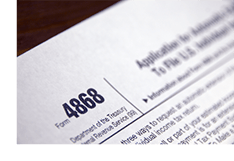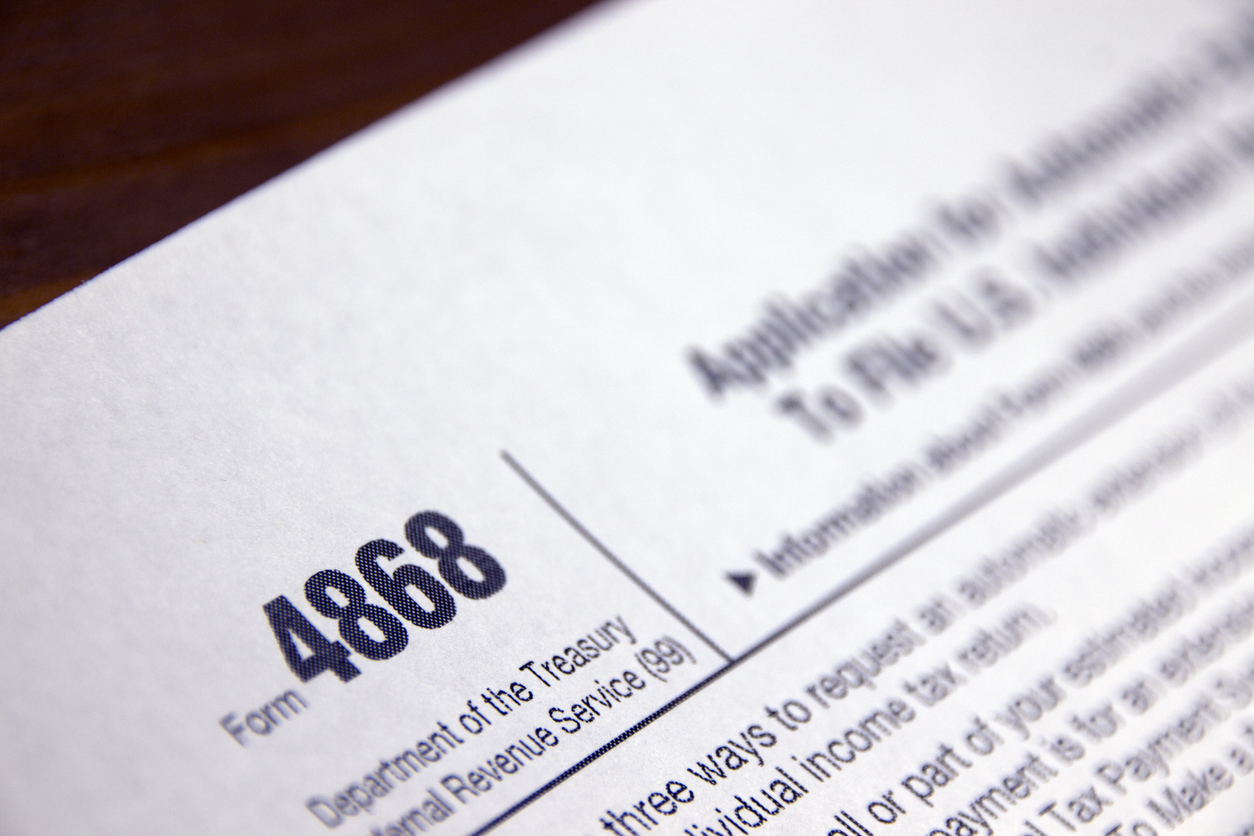One of the most common tax-related misconceptions is that filing a tax extension increases your risk of a tax audit.
This longstanding myth is simply not true, as filing a tax extension can statistically decrease the risk of an audit.
In addition to statistically decreasing the risk of an audit, there is also one other benefit to extending a tax return.
Extending allows additional time in order to contribute to certain retirement funds, which can then be claimed on the prior year’s tax return.
 For many taxpayers, the potential to decrease the risk of an audit can be appealing, but not everyone should file for an extension. For instance, someone filing a very basic return should not need to extend and should provide their tax documents to their preparer as soon as possible. However, taxpayers who have more complicated returns should strongly consider using an extension.
For many taxpayers, the potential to decrease the risk of an audit can be appealing, but not everyone should file for an extension. For instance, someone filing a very basic return should not need to extend and should provide their tax documents to their preparer as soon as possible. However, taxpayers who have more complicated returns should strongly consider using an extension.
According to Zinner & Co. Partner Brett Neate, CPA, M.Tax, one of the biggest reasons to file an extension is lack of important tax information.
“As the tax laws become more complex, and information needed to complete tax returns is issued in mid-March, or later, it has become increasingly necessary for tax practitioners to file extensions for their clients, who are unable to provide information far enough in advance of the original due date,” he said.
“By extending a return, the practitioner is provided additional time to prepare an accurate return, which does reduce the risk of an IRS examination, and to provide additional insights on how to improve a client’s overall tax situation for the current and future tax years,” Neate added.
Lack of tax information can sometimes be tied to tax planning preparedness.
Increasingly complex tax law combined with life changing situations can leave taxpayers with little time to properly prepare for tax season.
By filing an extension, taxpayers can be in less of a hurry and take the time to properly prepare for their taxes. Better planning allows more time for tax practitioners to save taxpayers money on their taxes.
Besides the myth of an increased risk of audit, there are several other common misconceptions regarding tax extensions.
Some taxpayers believe filing an extension means it will take longer for them to get their refund. However, as Neate pointed out, proper tax planning can prevent taxpayers from providing the government an interest free loan.
Other taxpayers are under the misconception there is a hard deadline to file their returns. This is also not true.
While there is a hard deadline of April 15 to pay your taxes, extensions – for individuals and for businesses – allow taxpayers an additional six months from the original tax filing deadline to file their taxes.

Neate said generally, it does not take long to file an extension. However, if you plan to file a tax extension, you need to make sure you provide your advisor with enough information to determine if any tax payment is due with the extension
Depending on the individual situation and data available, an extension can be filed as early as January.
“It is never too early to file an extension, as long as you have enough information available,” said Neate.
He recommends taxpayers, who file for an extension, call their advisors and set up a time to meet about their taxes once they have received the majority of their tax information.
In certain complicated situations, an advisor may file an extension in order to get more time to finish researching potential savings. In these instances, the advisor will contact the taxpayer to let them know the return is complete and to summarize the results of their research.
Neate also cautions against waiting until the final few weeks before the extension expires to provide your preparer any needed information since time will be needed to finish the returns accurately.





